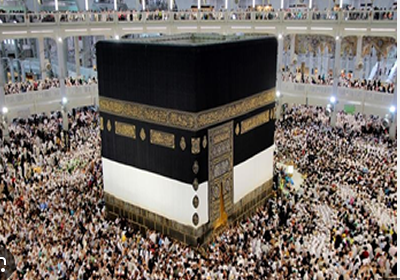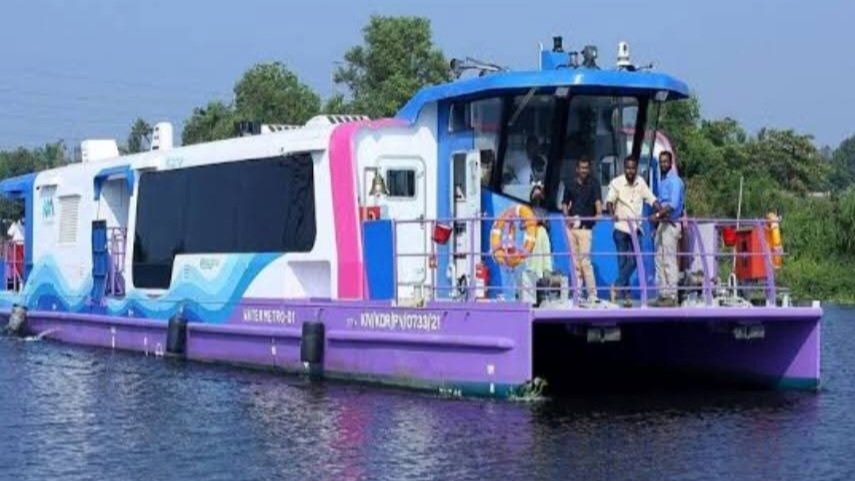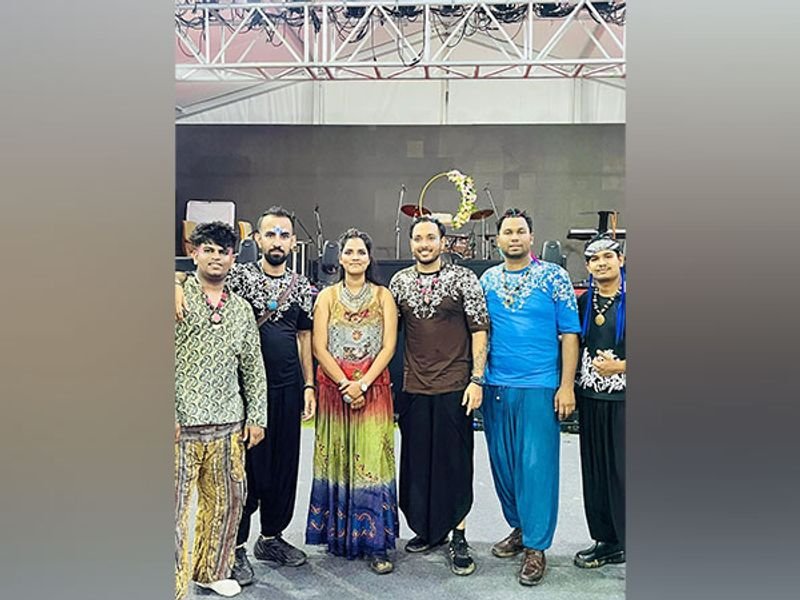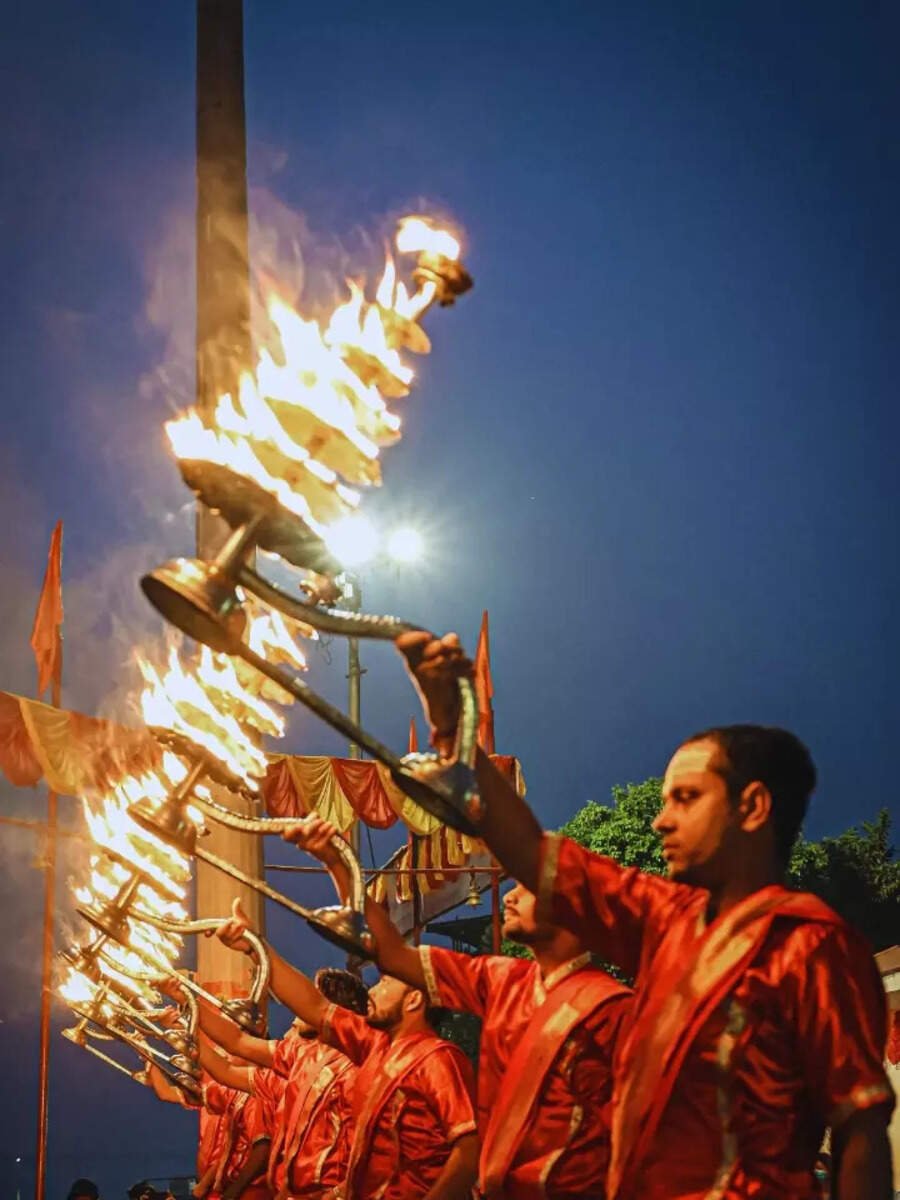Spiritual Travel
2025 Hajj: CBN Approves Cash-based BTA To Ease Pilgrims’ Travel Demands

Deji Elumoye in Abuja
The Central Bank of Nigeria (CBN) has approved the request of 2025 intending pilgrims to be granted cash transactions for the holy pilgrimage to Mecca.
This followed the intervention of Vice-President Kashim Shettima, who appealed to President Bola Tinubu on behalf of the over 40,000 pilgrims through the National Hajj Commission of Nigeria (NAHCON).
NAHCON’s Commissioner for Policy, Personnel Management & Finance, Aliu Abdulrazaq, who made the disclosure while speaking with newsmen after meeting with the vice-president at the State House, Abuja, confirmed that the CBN granted Nigerian pilgrims the opportunity of cash transactions for this year’s Hajj.
According to him, “The meeting was prompted by the policy of the Federal Government on the card for Basic Travel Allowance (BTA) for 2025 Hajj operations. We have held a series of meetings before now. The vice-president intervened and invited the Central Bank’s Deputy Governor with a plea.
“Out of the magnanimity of the CBN and appeal made by the vice-president, they dropped the idea of a card for pilgrims in the 2025 Hajj, and they conceded to people having cash instead of a card. This is a landmark achievement for NAHCON.
“If you go to Saudi Arabia, mostly the areas where the pilgrims are going to perform their rituals, there is only one Automated Teller Machine there, and it is always crowded – it poses so much difficulties for pilgrims to purchase whatever they want to purchase.
“Secondly, 95 per cent of the pilgrims from Nigeria are peasant farmers, and they have difficulties with electronic payments. Even with the cash, some of them have difficulties identifying the currencies. These variables make it important for them to have the cash they are used to.
“From now on, we are even more confident that the Hajj operations will be very seamless for the pilgrims. All arrangements have been in top gear, but the BTA was our fear; today, the fear has now been addressed.”
Adding his voice to the new development, NAHCON’s Secretary, Dr Mustapha Muhammad Ali, clarified that the change is neither a concession nor a subsidy from the Federal Government.
“There is a need for clarification we want to make. It is not a concession or intervention by the Federal Government. It is not a subsidy either. The vice-president intervened because most of the pilgrims make purchases in the streets of Mecca or Medina, and they do not need debit cards to make their purchases. Now it is allowed for them to carry cash. The CBN will provide the cash at the market rate,” he said.
Explaining the CBN’s intervention in the matter, the Director of Human Resources at the CBN and Board member representing the CBN in NAHCON, Abba Muhammad Aliyu, said the CBN granted NAHCON’s request because the welfare of Nigerian pilgrims was of utmost interest to the Nigerian government.
“Looking at the financial literacy of the pilgrims, there is a need for us to see that we make life easy for them because a lot of them do not know how to operate the ATM. So, these are some of the reasons the senior management of the bank, in their own magnanimity upon the call of the vice-president, looked at those issues,” Aliyu said.
He further clarified that the government was done with the concessionary issue, saying: “What is happening is purely a mode of payment method. Instead of asking the pilgrims to carry a card, they are only going to be paid through cash.”
There had been concerns that the hitherto use of mandatory debit cards proposed by the CBN for the pilgrimage would endanger the smooth planning, operation and performance at the 2025 Hajj.
The CBN had earlier in the year introduced a new payment method for Basic Travel Allowance (BTA) for Nigerians embarking on the 2025 Hajj pilgrimage.
Under the revised system, each pilgrim would be issued an ATM card for withdrawals and transactions during the pilgrimage in the Kingdom of Saudi Arabia.
The initiative made it mandatory for all intending pilgrims to open a BTA-linked bank account.
Spiritual Travel
Bilaspur Set to Transform into Himachal’s Ultimate Adventure and Spiritual Hub

Move over, Manali and Shimla! Bilaspur is gearing up to become the state’s next big tourism hotspot, blending adrenaline-pumping adventures with serene spiritual experiences. The district administration has rolled out ambitious plans to develop water, land, and aerial tourism, promising something for thrill-seekers, pilgrims, and nature lovers alike.
A Sky-High Attraction: The Glass Bridge
Imagine walking on a transparent bridge, suspended high above breathtaking landscapes—Bilaspur’s upcoming Glass Bridge at Bharari will do just that! Designed to rival global attractions, this engineering marvel will offer daredevils an unforgettable experience while giving tourists a reason to extend their stay. Officials confirm the blueprint is ready, and construction will kick off soon after final approvals.
Sailing Through Scenic Routes: The Water Metro
Pilgrims visiting Maa Naina Devi will soon have a faster, more scenic journey thanks to the proposed Water Metro, connecting Bhakra Ghat to Kosariya Ghat. This isn’t just about convenience—it’s about turning travel into an experience. Devotees and tourists can hop on boats, enjoy the tranquil waters, and even transport their vehicles via waterways.
Jet Skis, Kayaking & More: Water Sports at Nakrana
Bhakra Dam’s pristine waters are about to get a lot more exciting! The district is eyeing water sports like jet skiing, kayaking, and boating to attract adventure junkies. The best part? Pilgrims heading to Naina Devi can now add a splash of adventure to their spiritual trip.
Bharari – The New Stopover Destination
Strategically located near Shimla, Manali, and Dharamshala, Bharari will soon feature modern tourist hubs with food plazas, parking, rest areas, and info centers. No more cramped pit stops—just smooth, comfortable breaks for travelers.
Listening to Locals: Boaters Get a Voice
Deputy Commissioner Rahul Kumar made sure local boat operators were heard during inspections, promising quick fixes to their concerns. This people-first approach ensures tourism growth benefits everyone.
Bilaspur’s transformation isn’t just about flashy infrastructure—it’s about jobs for youth, better travel experiences, and putting this hidden gem on India’s tourism radar. With projects set to launch soon, the district is poised to become a must-visit for those seeking adventure, spirituality, and untouched natural beauty.
Spiritual Travel
Shiva Tribe Debuts in Gurgaon’s Tikli-Raiseena: IMPC’s Bold Step to Merge Spirituality, Rural Tourism, and Modern Family Wellness

VMPL
New Delhi [India], August 4: In the lush rural landscape of Tikli-Raiseena near Gurgaon, a new chapter in India’s spiritual and rural tourism ecosystem quietly unfolded. The International Mandir Prabandhak Committee (IMPC) launched its ambitious spiritual wellness initiative–Shiva Tribe–an experience-driven, immersive space designed to reconnect Gen Z and modern families with India’s timeless spiritual roots.
Set against the tranquil backdrop of Haryana’s Aravalli fringes, Shiva Tribe is more than a mandir–it is a curated journey of self-discovery, holistic wellness, and cultural revival, seamlessly merging ancient wisdom with modern aspirations. The inaugural three-day Pran Pratishtha Mahotsav was held in July, graced by spiritual luminaries including Pujya Shri Sudhanshu Ji Maharaj, Pujya Shri Dayanand Ji Maharaj, and dignitaries such as Haryana’s former Minister Shri Om Prakash Dhankar. Business leaders, rural development advocates, and spiritual patrons attended in significant numbers–signaling a rising interest in faith-based tourism models.
Spiritual Tourism: India’s Growing Wellness Sector
India’s spiritual tourism market is undergoing a silent revolution. According to the Ministry of Tourism, the wellness and spiritual tourism segment is projected to reach USD 30 billion by 2028, growing at a CAGR of over 10%. With over 330 million domestic religious tourists recorded annually and rising international interest in authentic Indian experiences, initiatives like Shiva Tribe have the potential to create high-value, low-impact tourism models in rural belts–generating employment, fostering entrepreneurship, and revitalizing local economies.
“In today’s fragmented lifestyle, families are searching for meaningful escapes–not just vacations. Shiva Tribe is that sacred pause–a place to reconnect, reflect, and realign, together,” said Dr. Preet Sandhuu, mentor of the project and a key voice in India’s contemporary spiritual movement.
A New Blueprint: Spirituality Meets Community Living
Unlike traditional spiritual centers, Shiva Tribe offers a complete spiritual-eco retreat–including weekend live devotional music by its in-house ‘Shiva Tribe Band’, yoga sessions, mantra-infused meditations, Vedic rituals, and stay facilities for families. It’s a full-circle experience designed to inspire urban youth and families alike to step into a more conscious, value-driven lifestyle.
“Here, spirituality is not a sermon–it’s an experience,” said Shri MP Singh, project visionary and founder of ShivaTribe. “We want to build a network of such community-driven centers across rural India, using temple heritage as a catalyst for rural rejuvenation and youth engagement.”
Rural Regeneration Through Faith
The Tikli model aligns with India’s rural tourism policy goals by transforming underexplored rural regions into mindful tourism destinations. With over 60% of India’s population residing in villages, initiatives like this leverage India’s spiritual capital to promote rural entrepreneurship, handicrafts, organic farming, and ecotourism–creating a sustainable rural economy rooted in culture and community.
IMPC’s Broader Mission
The International Mandir Prabandhak Committee (IMPC), known for initiatives like the Mahasangam Yatra, Trisul Yatra and Shiv-Shakti Kendras, is rapidly becoming a bridge between India’s ancient temple traditions and its digital future. Its work focuses on temple modernization, spiritual leadership development, and community revival–backed by collaborations with scholars, saints, and civic leaders.
By anchoring the Shiva Tribe initiative in Tikli, IMPC demonstrates how faith-based community models can attract tourism, foster economic inclusion, and support national goals like ‘Viksit Bharat’ and ‘Digital Bharat’.
Shared by
(ADVERTORIAL DISCLAIMER: The above press release has been provided by VMPL. ANI will not be responsible in any way for the content of the same)
(This content is sourced from a syndicated feed and is published as received. The Tribune assumes no responsibility or liability for its accuracy, completeness, or content.)
Spiritual Travel
10 oldest temple towns in India for spiritual getaways – The Times of India

10 oldest temple towns in India for spiritual getaways The Times of India
Source link
-

 Brand Stories2 weeks ago
Brand Stories2 weeks agoBloom Hotels: A Modern Vision of Hospitality Redefining Travel
-

 Brand Stories1 week ago
Brand Stories1 week agoCheQin.ai sets a new standard for hotel booking with its AI capabilities: empowering travellers to bargain, choose the best, and book with clarity.
-

 Destinations & Things To Do2 weeks ago
Destinations & Things To Do2 weeks agoUntouched Destinations: Stunning Hidden Gems You Must Visit
-

 Destinations & Things To Do1 week ago
Destinations & Things To Do1 week agoThis Hidden Beach in India Glows at Night-But Only in One Secret Season
-

 AI in Travel2 weeks ago
AI in Travel2 weeks agoAI Travel Revolution: Must-Have Guide to the Best Experience
-

 Brand Stories1 month ago
Brand Stories1 month agoVoice AI Startup ElevenLabs Plans to Add Hubs Around the World
-

 Brand Stories3 weeks ago
Brand Stories3 weeks agoHow Elon Musk’s rogue Grok chatbot became a cautionary AI tale
-

 Asia Travel Pulse1 month ago
Asia Travel Pulse1 month agoLooking For Adventure In Asia? Here Are 7 Epic Destinations You Need To Experience At Least Once – Zee News
-

 AI in Travel1 month ago
AI in Travel1 month ago‘Will AI take my job?’ A trip to a Beijing fortune-telling bar to see what lies ahead | China
-

 Brand Stories2 weeks ago
Brand Stories2 weeks agoContactless Hospitality: Why Remote Management Technology Is Key to Seamless Guest Experiences
